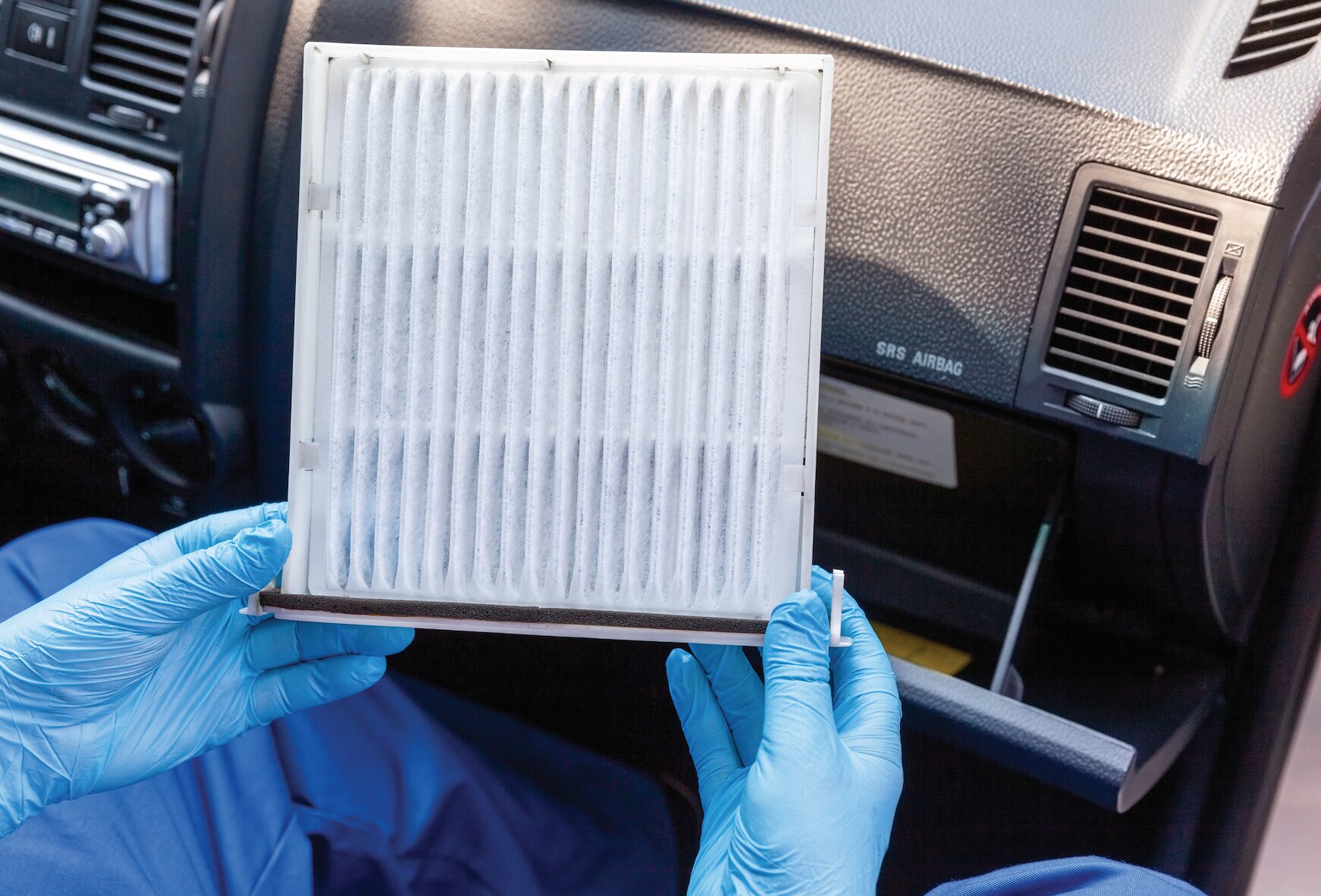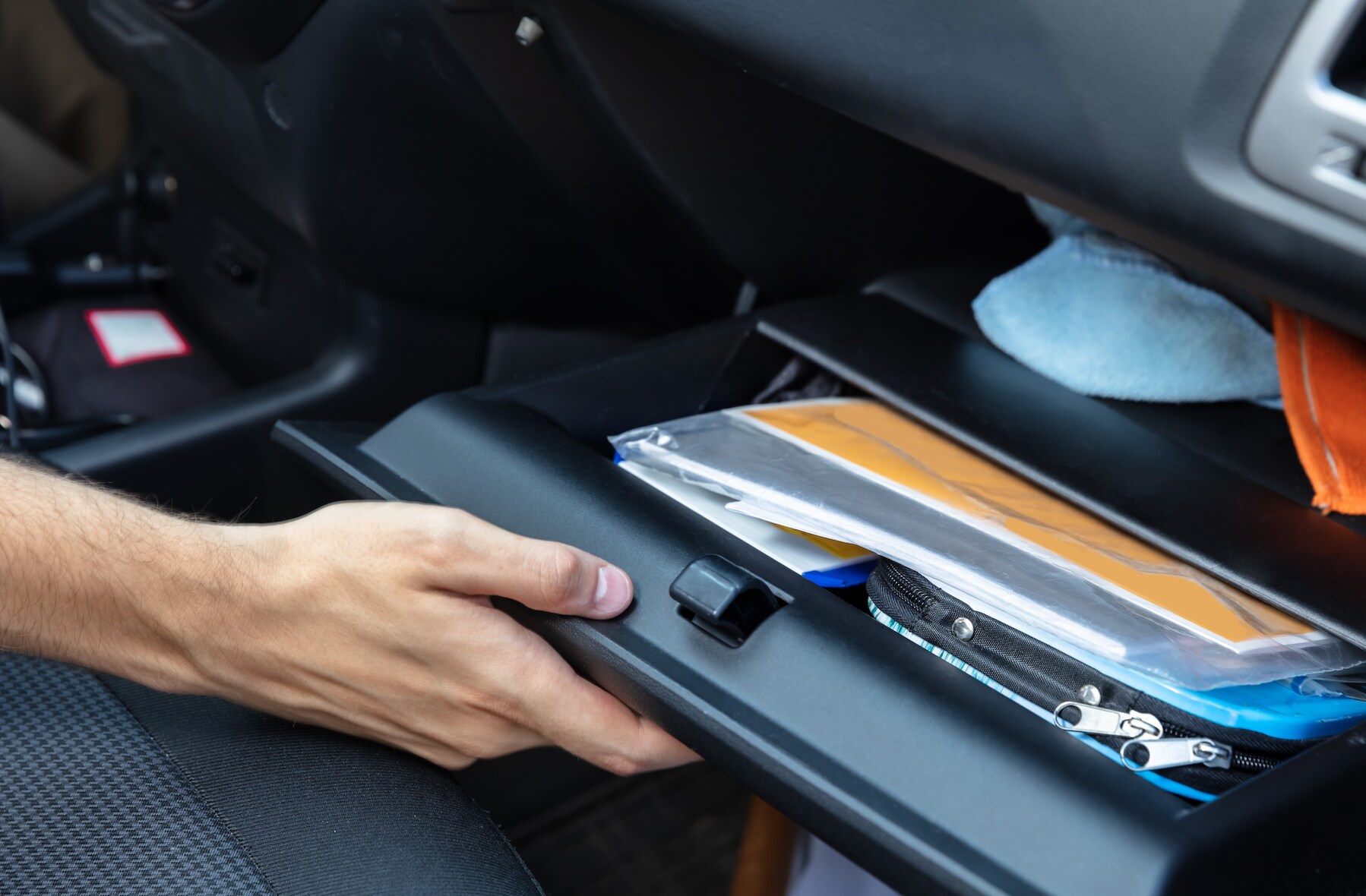Ever have your car serviced at your dealership or one of those quick oil change places? The guy walks over and shows you an air filter that he retrieved from somewhere under the hood and asks if you want to replace it. You look at it and it seems fairly clean, but in fact, you have no idea what you're looking at or if it needs to be changed. Well, fear not. We're going to teach you about the various filters that require replacement in your car and even how to replace them yourself. Changing the air filter and oil filter in your vehicle is an easy process and also an important part of the maintenance on your car to add engine life and to maintain performance. Changing the fuel filter, on the other hand, is probably something you'll want to have handled by your local Lithia Service Center.
Changing Your Car's Filters

Keep it Clean
As the name implies, these filters keep damaging materials away from your engine in one way or another. When one of these filters gets clogged up it can affect performance at the minimum and cause engine damage at the worst. There are basically four main filters for you to know about: the air filter under the hood, the air filter in the cabin, the oil filter, and the fuel filter (some cars have two of these). They filter out dust and contaminants in the air, dirt and debris in the motor oil, and fuel impurities.
What these Filters Do
The cabin air filter is responsible for cleaning the air that comes into your car through the air conditioner and heater, filtering out pollen, dust, and bacteria. That's especially important if you have any repertory ailments. A dirty or clogged cabin filter can keep your windshield defogger from working properly. A clean cabin filter assures you have maximum airflow throughout the vehicle and increases the overall life of your heating and air conditioning system.
The engine air filter gets oxygen to the motor. Your engine needs air, spark, and gasoline for the combustion process to work. The air filter under the hood keeps the air that gets to your engine clean and clear of any sand, dirt, dust, insects, or other debris. You don't want any of those things reaching the engine. These filters come in different shapes and sizes depending on your make and model of car, truck, or SUV. The pleated air filters themselves are usually made from pleated paper, cotton, or synthetic materials. A clean air filter gives your vehicle better performance and will save you on fuel.
An oil filter keeps the engine oil pure and free of contaminants such as tiny metal fragments, oxidized motor oil, and particles of dirt. The oil filter needs to be changed every time you change the engine oil, between 3,000 and 5,000 miles. When an oil filter begins to fail, it lets impurities pass through, causing engine wear and poor performance. By changing the oil filter every time you change the motor oil, you'll keep the oil fresher longer.
A fuel filter helps to keep the gasoline clean and pure before it makes its way into the engine. When gasoline is transferred to the underground tank at a gas station, there are all kinds of impurities in that tank including dirt, grit, corrosion such as rust, organic acids and contaminants, sulfur compounds, as well as other sediment deposits, sludge and gums. You don't want any of that getting to your engine. If your fuel filter gets clogged it will reduce the flow of gas to your engine, lower performance and mileage. Fuel contaminants increase wear and tear on the engine and can cause the fuel pump and injectors to fail.
With all of the above in mind, replacing the filters in your car is an inexpensive way to get the most out of your vehicle and keep it on the road for many trouble-free miles. How do you change your filters? Let's find out.
Consult your Owner's Manual
Take a look in your vehicle's Owner's Manual to find out the location of your car's cabin filter, under the hood air filter, oil filter, and fuel filter. The Manual will tell you how often to check these various filters for wear and when to replace them by mileage. Generally speaking, you should change your air filters once a year or every 12,000 miles. Oil filters should be changed every time you change the motor oil; every 3,000 to 5,000 miles. The fuel filter is a bit different.
Depending on your vehicle make and model, the fuel filter should be changed anywhere from every 25,000 to 60,000 miles. In newer model cars, the fuel filter is often found in the fuel tank and is difficult for the average do-it-yourselfer to get to and change.

Changing the Filters Yourself
It's easy to change your cabin air filter and your engine air filter and it will save you a little money. If you change your own motor oil, changing the oil filter is easy too. However, for most new or late model cars, we'd suggest having the fuel filter, or filters, changed by a certified technician. That said, here's how to change basic auto filters:
Let Lithia Help
When it comes to car service of any kind, we've got your back. Let our ASE-trained technicians replace your vehicle's filters and get you back on the road, quick and easy. You'll find the Lithia Service Center near you, right here.


